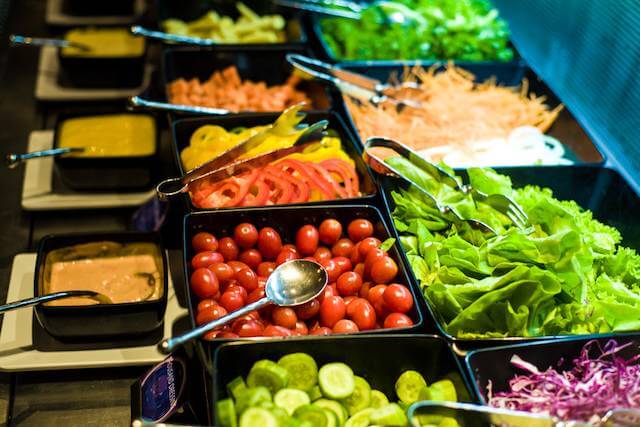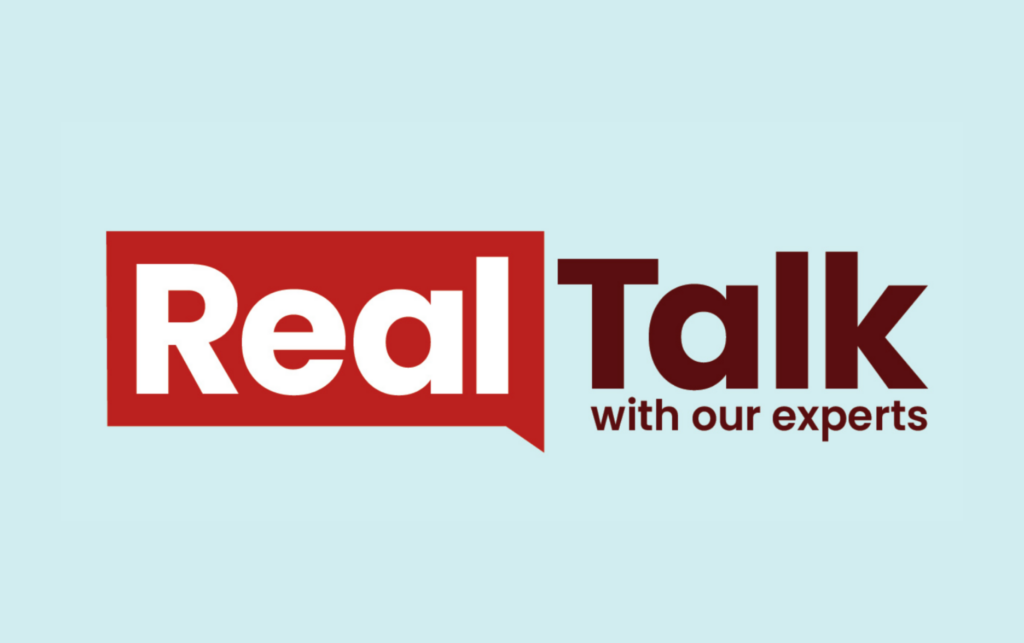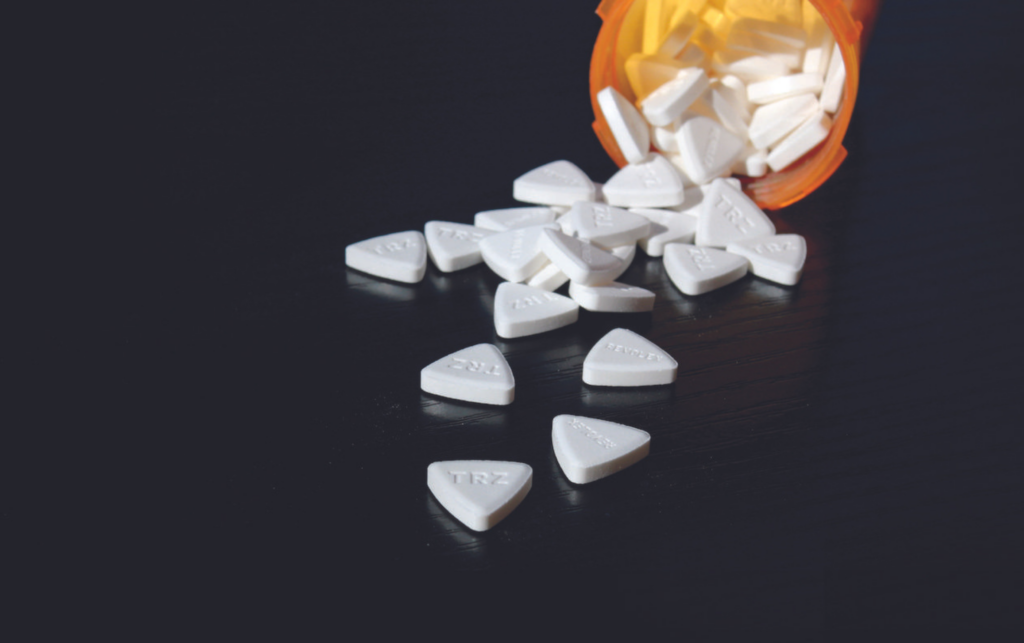The best part about salad, arguably, is the toppings which can accompany a classic bed of greens and turn it into a Mediterranean tour of flavors or make you feel like you’re spending a relaxing day by the pool. For the most part, salads are a fantastic way to get all kinds of healthy foods into our bodies and provide an array of nourishing vitamins and minerals.
The ever-popular flavor and texture additions like croutons and bacon bits, though, can actually have the opportunity to sabotage your health efforts. When salads are over-portioned or over-accessorized with fatty foods or topped with nothing but empty calories, things can turn south quickly. Picture-worthy as they may be, your favorite toppings could push your salad to be more calories than a slice of cake! Get smart about your salads and avoid the following foods or ones like them and you’ll be on your way to a truly healthy lifestyle.
Avocados:
Heart-healthy, natural fats like avocado can be good at times, but certainly not in excess as they usually are when used as a salad topping. Just one avocado has 240 calories and 24 grams of fat, making it one of the easiest foods to accidentally over-eat.
Nuts:
Nuts, especially those which are honey-roasted, salted, or in an otherwise unnatural form, add entirely unnecessary calories to otherwise healthy salads. While a nice crunch is satisfying, under-estimating how much you’re eating isn’t. Just a couple ounces of the crunchy goodness can be heavily-packed with fats that should be avoided.
Crispy chicken, shrimp, etc.:
The crispiness of meats can often mean that they were cooked or fried in large amounts of oil, breaded, or both. The preparation of such meats adds unsatisfying amounts of calories which lack any nutritional value. Instead, opt for well-seasoned grilled and baked proteins which will satisfy both your protein requirements and taste buds.
Croutons, tortilla strips, crunchy noodles, etc.:
As satisfying as it may be to pour a handful of caesar-flavored yumminess onto your salad, resist the urge! A truly healthy lifestyle is worth much more than the crunch of a carbohydrate-ridden serving of croutons.
Dried fruit:
Just because it’s fruit doesn’t necessarily mean that it’s healthy; dried fruit actually has higher concentrations of sugar than fresh fruits and can be ridden with preservatives! Fresh fruit, on the other hand, has more antioxidant benefits and higher vitamin content to keep you healthy and happy.
Cheese:
Cheese is a large source of saturated fat, which, in excess, can lead to cardiovascular disease and diabetes. Not only that, a too-big serving has the power to overpower the calories of your salad itself. Instead, get your calcium from veggies like broccoli and kale.
Get smart about your salads and really take inventory of what you’re putting into your body! By avoiding certain foods and meanwhile mindfully including proper portions of others, you will be able to get the most out of your mealtimes.







